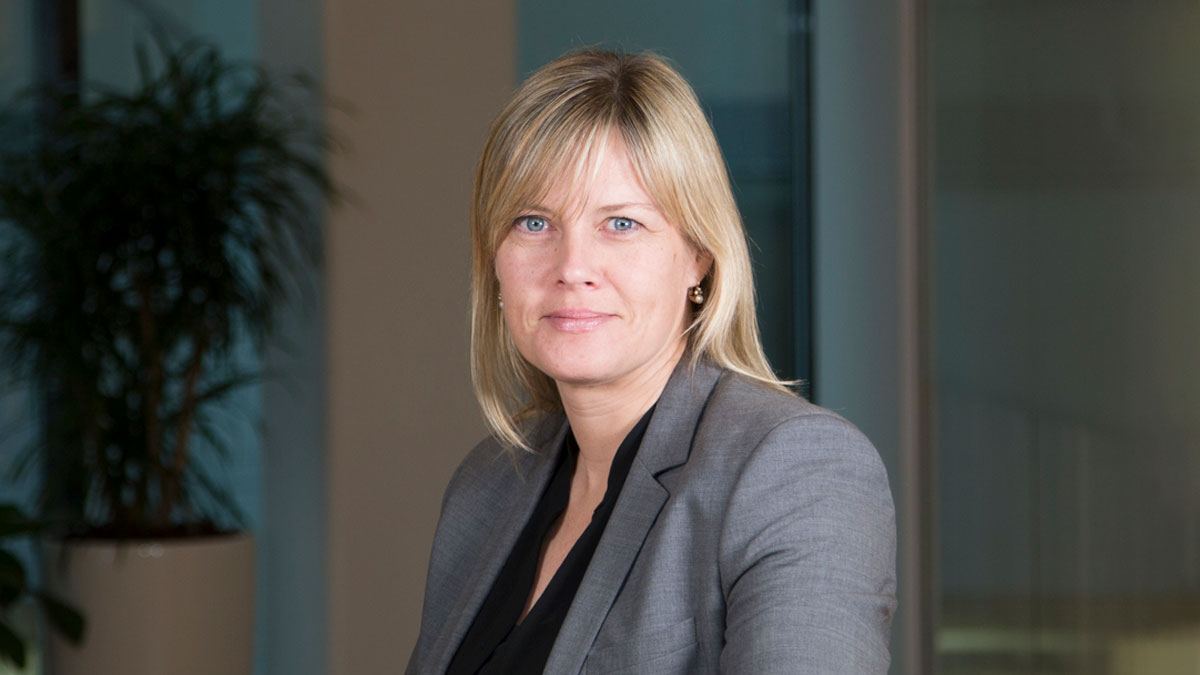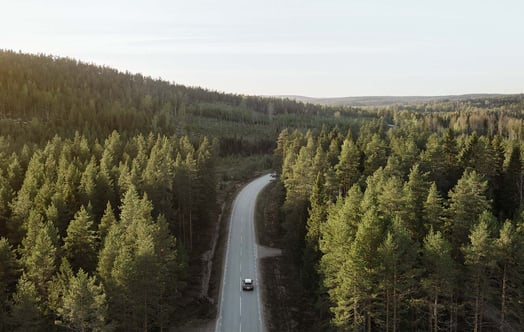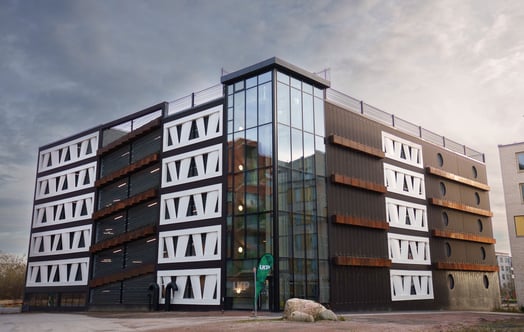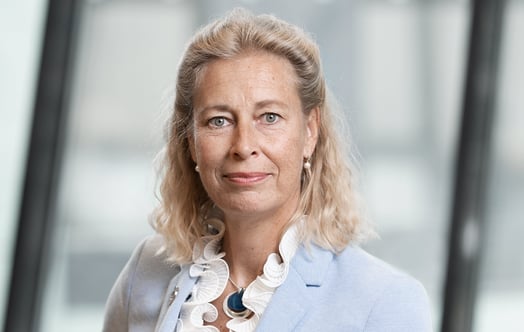COP15 paving the way for positive developments for nature
COP15, the UN’s high-level meeting in Montreal to promote biodiversity in December 2022 resulted in a new historical agreement. "The next ten years will be crucial for world biodiversity," says Helle Herk-Hansen, Head of Environment at Vattenfall.
The COP 15 agreement includes goals of protecting 30 per cent of land and sea areas in the world by 2030 (the so-called 30 x 30 goal) and an agreement that developing countries will contribute financing to less developed countries (at least USD 20 billion per year by 2025 and then at least USD 30 billion per year by 2030).

We asked Helle Herk-Hansen, Head of Environment at Vattenfall, why COP 15 is important
"If we're going to succeed in reversing the negative trend happening to species and ecosystems in the world, we need a strong global agreement and the efforts made over the next ten years will be crucial. Biodiversity plays an important role in climate regulation, since a richness of biodiversity and functional ecosystems are central to mitigating the impact of climate change. At the same time, climate change has to be reduced in order to slow down the loss of biodiversity. The world’s countries failed to achieve the so-called global Aichi goals for biodiversity by 2020, and expectations are high that the new goals will help to put biodiversity further up the agenda. The agreement includes goals for protection of both land and sea areas, but also includes sections that affect companies, which is very good."
So, one of the points in the agreement concerns goals for business activities to reduce the negative impact on biodiversity. How are we doing at Vattenfall?
"In several areas we are seen as pioneers and we're ranked highly by the Ecogain Biodiversity Index (EBI). The goals that has been discussed for companies are in line with the goals we've already set at Vattenfall, for example when it comes to our operations not having a negative impact on biodiversity, but instead making a positive contribution to biodiversity by 2030. Goal 15 of the agreement, which concerns companies the most, has been discussed a great deal during the negotiations. With the new agreement, it's been decided that large companies will report on their impacts on biodiversity. We welcome this at Vattenfall and believe it will be good for future developments in the area of biodiversity."
What are the challenges for this type of agreement on nature?
"There are a lot of difficulties when governments have to reach agreement. But it's also about finding the right ways to get there. Not least when it comes to measurement of the goals we set, as it's not that simple to measure biodiversity in a uniform way. The impact on nature is far more complex to measure compared with climate emissions, and there's currently no clear consensus on how to do this."
What positive changes are you seeing in this area?
"Looking at the COP process, it's clear that previously it was largely a process run by states and authorities, where the business and financial sectors have been less active. But there have been major changes. Today we can see huge interest from industry as well as from the banking and finance sectors, which gives strong and positive signals. Developments from the financial sector are largely driven by a risk perspective and work is now under way to draw up guidelines for how companies and financial institutions should report their work on nature and biodiversity in a similar way to what we already do regarding climate impact. Even if the agreement does not include a measurable target specifically for companies, companies at the forefront will continue to work on also setting science-based and measurable goals for their impact on ecosystems and species."



